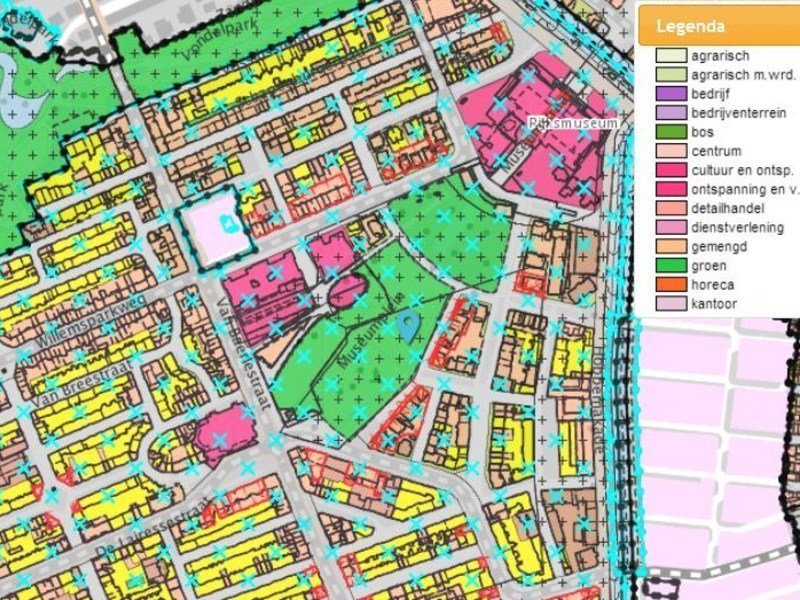Reinier advises national and international companies
reinier.russell@russell.nl +31 20 301 55 55Your neighbour is granted an integrated environmental permit which will cause you more inconvenience. What can you do against the granted permit?

It may happen that someone is granted an integrated environmental permit you disagree with. A permit granted in your immediate neighbourhood may have an impact on your situation. For instance, the café next to your commercial property may get a permit to build a terrace which causes you (extra) inconvenience, or your neighbours may get a permit for an extension of their house and, as a result, your garden will get less sun. What can you do to prevent this?
If an integrated environmental permit is requested, the request will be assessed by the municipal executive. The municipal executive can either grant or refuse a permit. This decision will be published on the website of the municipality. A decision on simple requests will be issued within eight weeks. More complex requests – for instance requests to derogate from the zoning plan – have to be decided on within a period of 26 weeks. In this article simple requests will be discussed only. More complex requests are subject to another procedure.
You can object to a decision to grant an integrated environmental permit by submitting a statement of objections to the body who has taken the decision. To do so you must be a “concerned party”, meaning: The decision must have consequences for your immediate environment. By the statement of objections you indicate why you don’t agree with the decision. Please note: you must be quick, as this must be done within six weeks after the permit was granted. If you are too late, you are not entitled to appeal, unless there are extraordinary circumstances!
The administrative body that has granted the integrated environmental permit you objected to will also assess the objections. There will be a hearing during which you may explain your objections in detail. Ultimately, the body will decide whether to maintain the granted permit, to withdraw or to modify it. The decision-making period to the objections is, in principle, six weeks after the statement of objections was received, but this period can be extended.
During the objection procedure, the activity for which the permit was granted may already be performed. If this concerns felling a tree, we advise to request the court to suspend the taking effect of the permit. Then, the permit holder will not be allowed felling the tree. If the objections are refused and the granted permit will thus take effect, you can appeal the decision in court.
Do you need help with drafting a statement of objections? Would you like to know whether you qualify as a concerned party? Or do you have any other questions regarding spatial planning? Please contact us. We will gladly be of service to you!
From 1 July 2024, the Affordable Rent Act came into force. Some additional provisions came into force on 1 January 2025. What obligations must landlords now comply with?
Probably as of 1 July 2024, terminating temporary lease of residential accommodation will become more difficult for landlords. However, there are some exceptions. What are the new rules for temporary letting of residential accommodation?
Why is it wise for a landlord to include a diplomat clause in a temporary rental agreement and what is the content of this clause?
A new EU regulation requires anyone wishing to import cultural goods into the EU to have an import license or submit an importer’s declaration. When is which type of document required? How does it affect art dealers, galleries, auction houses and collectors, both inside and outside the EU?
Several times last year, the Amsterdam District Court annulled a clause in lease agreements that gave landlords the freedom to increase the rent by more than the inflation rate. This voided all rent increases from the beginning of the lease. But is this a correct interpretation of European consumer law?
Buildings may be timeless but every now and then work will have to be carried out in order to prevent decay. Lessees and lessors have different rights and duties, depending on whether the work can be considered as renovation or (urgent) maintenance.